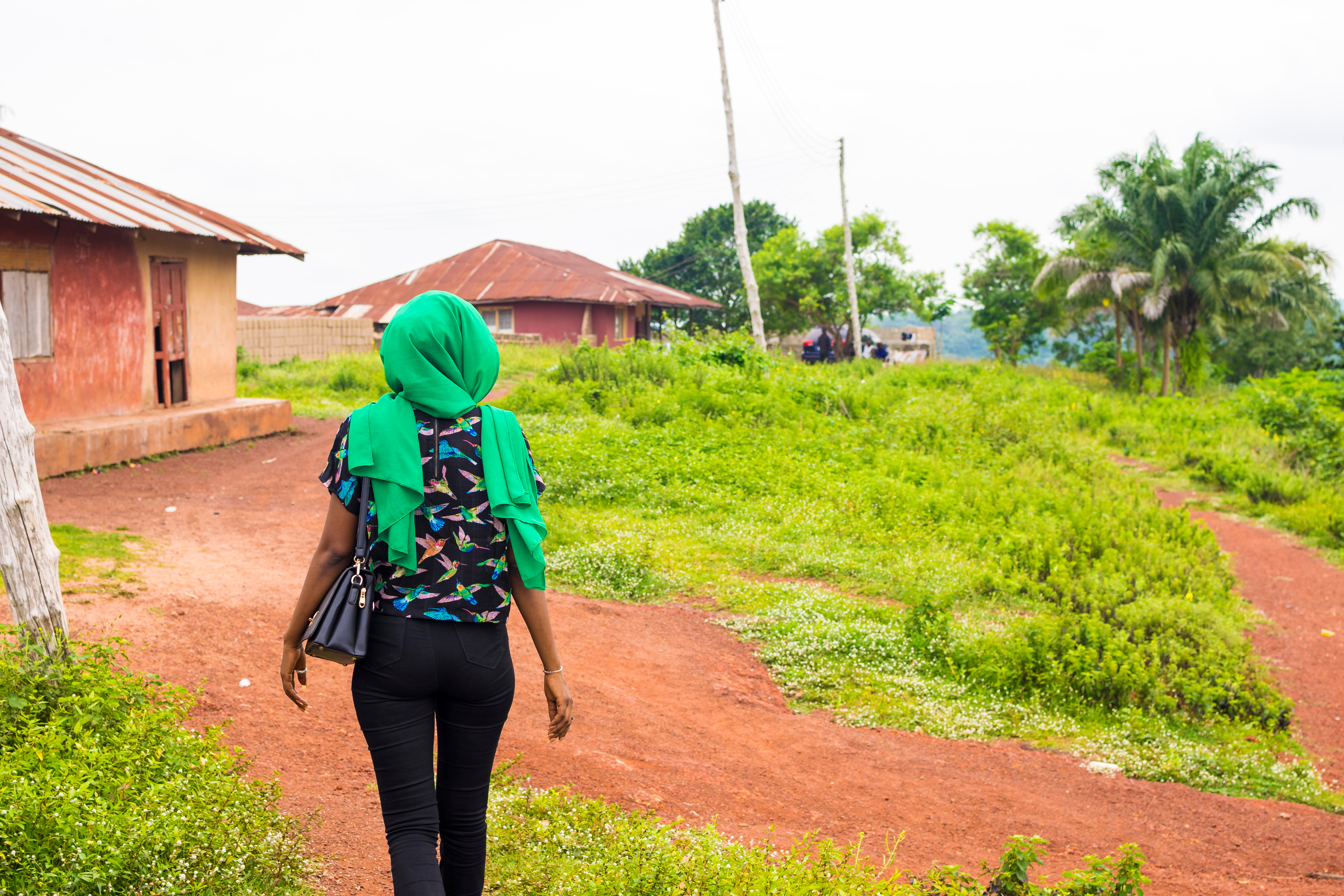Over the course of their lives, one in three women will face some form of gender-based violence (GBV). This is a sobering statistic. The GBV pandemic has wounded communities and devastated livelihoods across the globe. In the last few weeks, the global community corralled around 16 Days of activism against gender-based violence, a time to reflect on the struggle that women face to end this plight, and the remarkable resilience they have shown in the face of persistent violence.
Though global in its scope, the GBV pandemic prevails in conflict-afflicted states, where sexual violence often serves as a tool of war. Conflict already disproportionately affects women, who account for over half of the displaced population globally. In addition to this troubling trend, the onset of COVID-19 only intensified the GBV pandemic, with instances of violence against women increasing as lockdowns and stay-at-home orders became the norm.
In 1999, Dr. Denis Mukwege founded Panzi Hospital, in the Democratic Republic of Congo (DRC), with the intention of establishing a center of excellence for maternal health. His first patients, however, were not laboring mothers looking for a safe place to deliver their children, but women who had been raped with extreme brutality as the Second Congo War raged on. The team at Panzi Hospital quickly shifted their focus to providing compassionate, holistic care for survivors of sexual violence. This means meeting the needs of survivors through clinical care and treatment of gynecological and physical injuries; psychological counselling; legal assistance; and socioeconomic support to survivors such as literacy training, small business management, and micro-credit programs. Almost two decades later, the Nobel Peace Prize-winning gynecologist and his dedicated team have treated tens of thousands of women and girls.
The World Bank is scaling up its engagements on gender-based violence in conflict-afflicted states. The World Bank funded DRC Gender-Based Violence Prevention and Response Project is currently being implemented by the Fonds Social of the DRC and in collaboration with a range of civil society partners, including Panzi Hospital and Foundation. The goal is to provide a set of comprehensive services to survivors of violence and to bring these services as close to communities as possible. Acknowledging the challenges faced by survivors in the DRC in reaching health facilities, the project works with organizations such as Panzi to provide emergency support through delocalized one-stop-centers and most importantly mobile clinics. This is critical in the DRC, where access remains a key obstacle to getting health services – 48% of women have to walk for more than an hour to reach a health facility.
In this video, we interview Dr. Mukwege, champion of the global fight for the elimination of violence against women. Dr Mukwege discusses his experience working with survivors of GBV and explains how a holistic approach to their treatment can lay the foundations for recovery, resilience, and empowerment.

